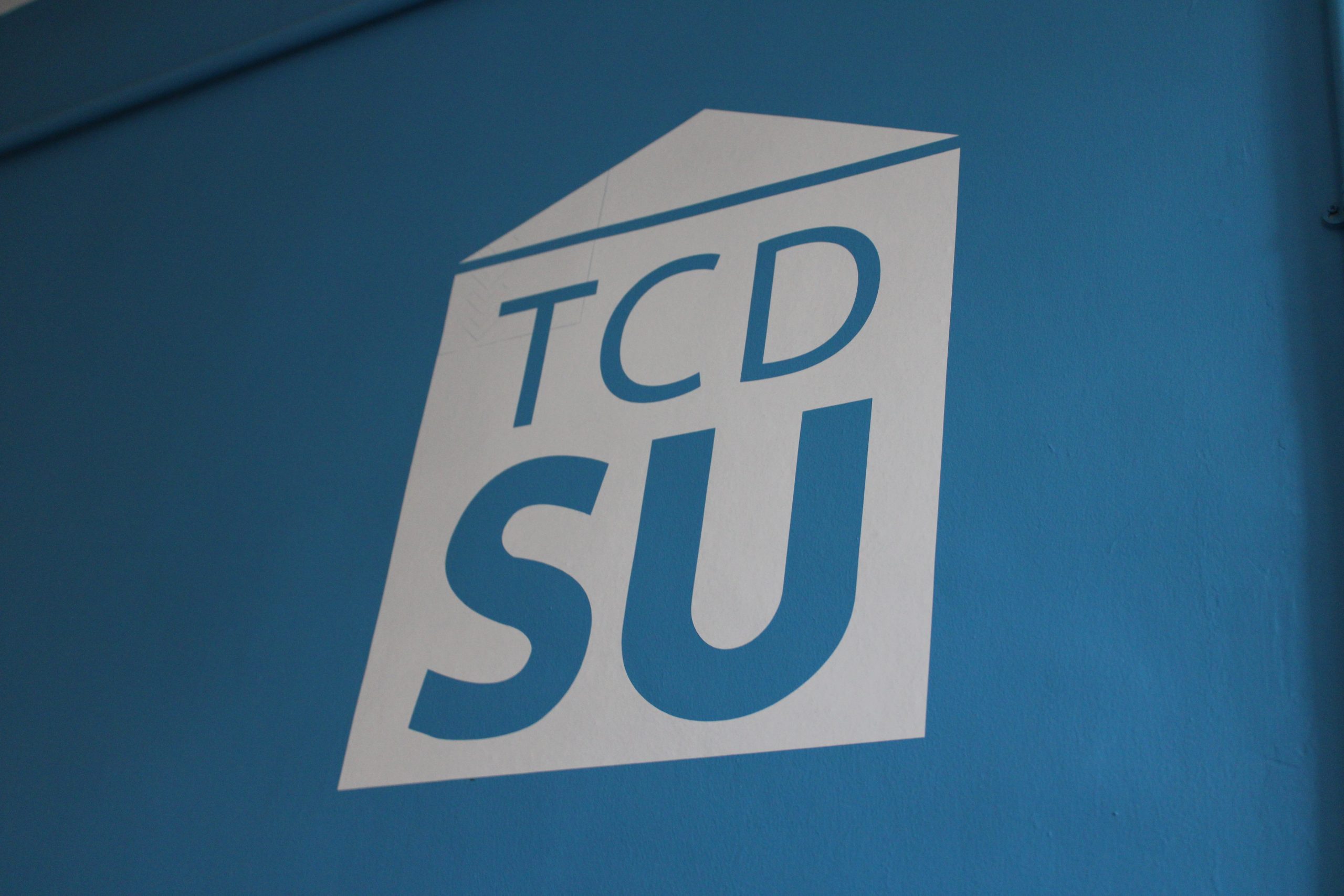Trinity College Dublin Students’ Union (TCDSU) passed a motion to begin organising a referendum to have a full-time Irish Language Officer.
This will also give the Irish language official constitutional status within TCDSU.
The referendum will be held on the condition that permission is granted by the Capitations Committee to make constitutional amendments in a meeting on November 29.
The motion also noted “a small increase in the student levy is required to fund for a new sabbatical officer position”.
The motion was proposed by Union Forum and seconded by TCDSU President László Molnárfi.
The motion noted that the position of Irish Language Officer was created to “to give a voice and representation to Irish language issues in the Union and that it is a goal of the Union to promote Irish as a normal daily language”.
TCDSU hopes to “increase the presence of Irish in the union and the College at large” and “to provide civil rights to Irish speakers and more opportunities for those who want to learn, use, and live through it”.
The motion noted the Comhaltas na Mac Léinn in the University of Galway and the Union of Students in Ireland previously created a full-time “Leas Uachtarán don Ghaeilge” “to protect the Irish language and stimulate its educational and social growth among third-level students”.
It said that “the position of Oifigeach na Gaeilge is multifaceted, involving translation, lobbying the union to adhere to Irish language government guidelines, and creating new institutional ways to increase the presence of the Irish language in every aspect of the Union”.
It further stated that “Oifigeach na Gaeilge’s long list of responsibilities and precedent from other students’ unions in the State warrant it being a sabbatical position”.
Speaking in favour of the motion, TCDSU Irish Language Officer Pádraig Mac Brádaigh said: “Today’s motion comes on the back of the initiative and precedent set by Galway’s student union and USI in their creation of a full time Irish language officer”.
“This motion presents an incredible opportunity for a referendum to make Oifigeach na Gaeilge a sabbatical officer position and give the Irish language official status in our union’s constitution, which it currently lacks,” he said.
“No part-time Oifigeach na Gaeilge will ever have the time or resources to properly deal with all of the translation, meetings, casework, and lobbying the college that come with the remit”.
Also speaking in favour, Molnárfi said, “as an international student”, he would like more opportunities to engage with Irish: “I chose to come to Ireland, I knew that Irish was the national language”.
“By promoting Irish you are giving opportunities to international students like myself to engage with the Irish language,” he said.
Speaking after the motion passed, Mac Brádaigh said that this is a “historical opportunity”, and an “incredibly important moment for Irish language civil rights”.
“Trinity has a colonial history, and voting for this referendum to happen shows big social progress in Irish society for the language,” he said.
College’s Irish Language Officer, Áine Ní Shúilleabhán, said that this is a “positive outcome and direction” for the union.
“This move will help the development of Irish in Trinity and in other colleges,” she said.






